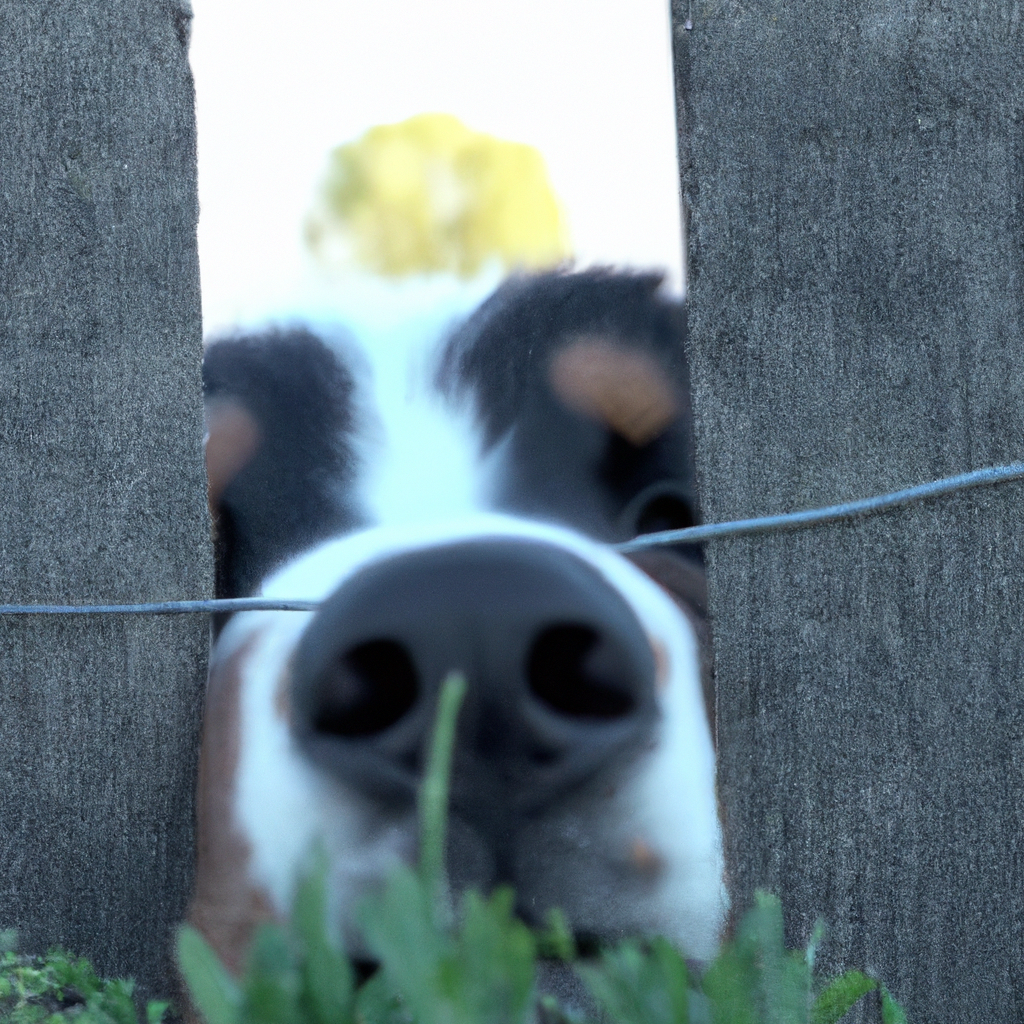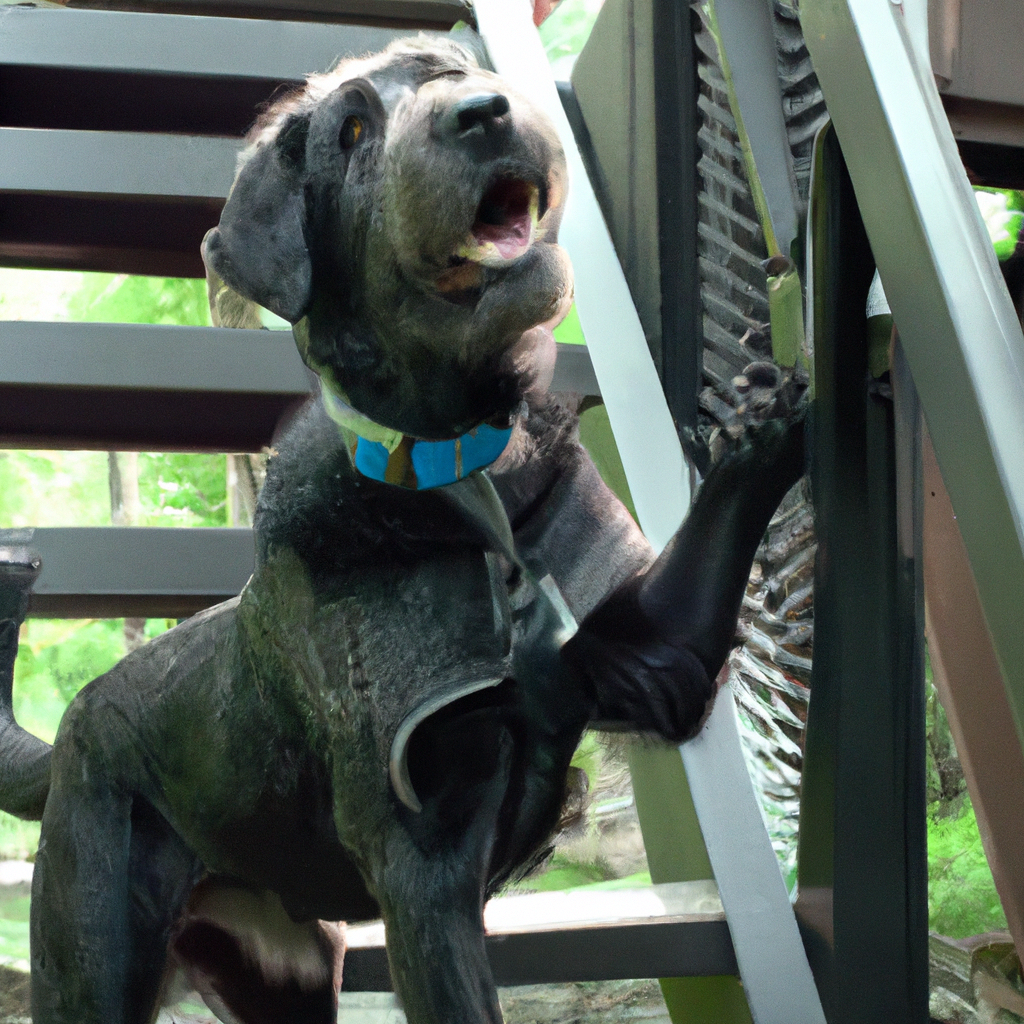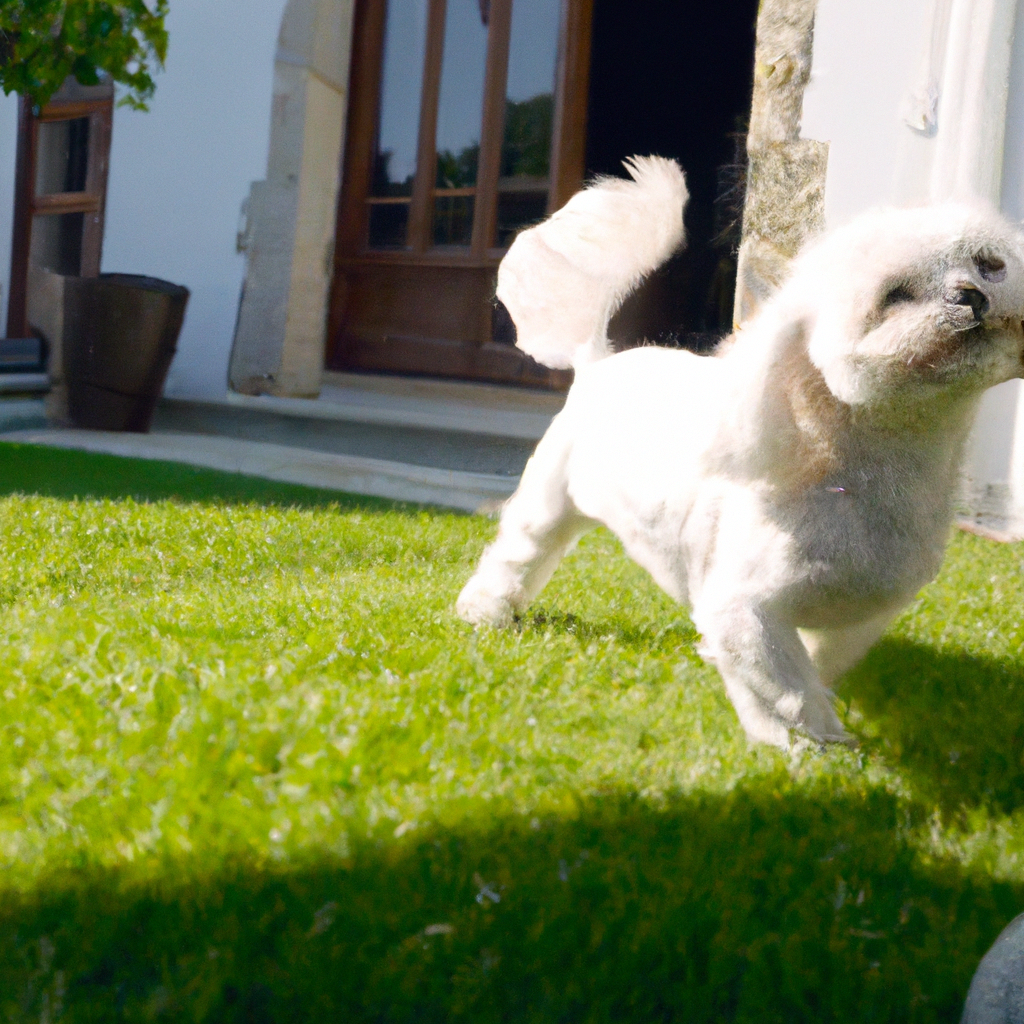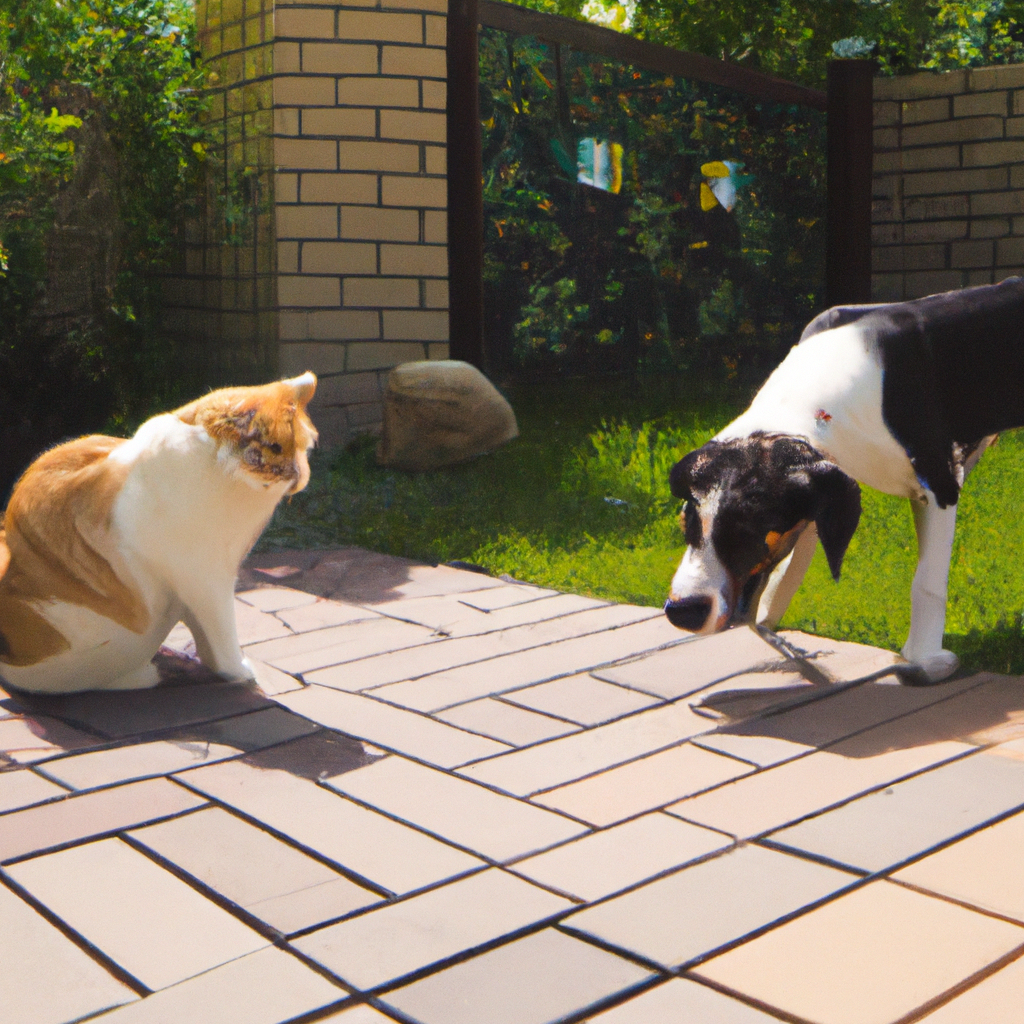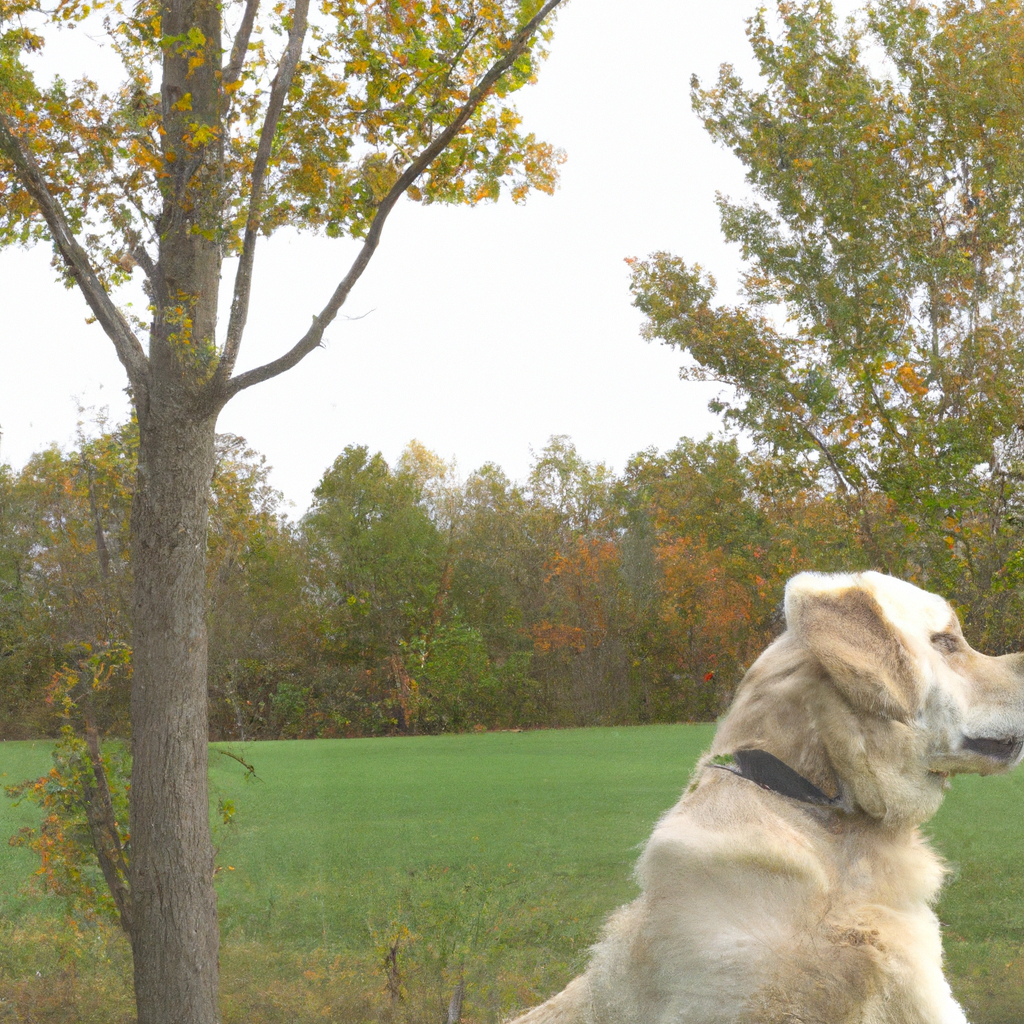“Transform your furry friend’s behavior with these effective tips and tricks.”
Correcting unwanted behavior in dogs is an essential part of responsible pet ownership. Dogs can exhibit a range of undesirable behaviors, such as chewing, biting, digging, and more. These behaviors can be frustrating for pet owners and can even pose a danger to the dog and those around them. Fortunately, there are several tips and techniques that can be used to correct unwanted behavior in dogs. By understanding the root cause of the behavior and implementing effective training methods, pet owners can help their dogs become well-behaved and happy members of the family.
Understanding the Root Cause of Unwanted Behavior in Dogs
Correcting Unwanted Behavior in Dogs: Tips to Stop Chewing, Biting, Digging and More
Dogs are wonderful companions, but sometimes they exhibit unwanted behavior that can be frustrating for their owners. Common unwanted behaviors include chewing, biting, digging, barking excessively, and jumping on people. These behaviors can be corrected with proper training, but it’s important to understand the root cause of the behavior before attempting to correct it.
One of the most common reasons for unwanted behavior in dogs is boredom. Dogs are social animals and need mental and physical stimulation to stay happy and healthy. If a dog is left alone for long periods of time without any stimulation, they may resort to chewing, digging, or barking excessively to relieve their boredom. To prevent this, it’s important to provide your dog with plenty of exercise and mental stimulation. This can include daily walks, playtime, and training sessions.
Another common reason for unwanted behavior in dogs is anxiety. Dogs can experience anxiety for a variety of reasons, including separation anxiety, fear of loud noises, or fear of new people or situations. If your dog is exhibiting unwanted behavior due to anxiety, it’s important to address the underlying cause of the anxiety. This may involve desensitization training, medication, or working with a professional dog trainer.
Some dogs may exhibit unwanted behavior due to a lack of proper training. Dogs need to be taught what is acceptable behavior and what is not. If a dog has not been properly trained, they may not understand that chewing on furniture or jumping on people is not acceptable. To correct this behavior, it’s important to provide consistent training and positive reinforcement. This can include using treats or praise to reward good behavior and redirecting unwanted behavior with a firm “no” or “stop.”
In some cases, unwanted behavior in dogs may be a sign of an underlying medical condition. For example, if a dog is chewing on their paws excessively, it may be a sign of allergies or a skin condition. If your dog is exhibiting unusual behavior, it’s important to consult with your veterinarian to rule out any medical issues.
It’s important to remember that correcting unwanted behavior in dogs takes time and patience. It’s not something that can be fixed overnight. Consistency is key when it comes to training your dog. It’s important to set clear boundaries and stick to them. This can include using a crate or baby gate to limit your dog’s access to certain areas of the house or using a leash to prevent jumping on people.
In addition to training, there are also some products that can help correct unwanted behavior in dogs. For example, if your dog is chewing on furniture, you can use bitter apple spray to deter them from chewing. If your dog is barking excessively, you can use a citronella collar to discourage barking.
In conclusion, unwanted behavior in dogs can be corrected with proper training and understanding of the root cause of the behavior. Whether it’s boredom, anxiety, lack of training, or a medical issue, it’s important to address the underlying cause of the behavior before attempting to correct it. With patience, consistency, and positive reinforcement, you can help your dog become a well-behaved and happy companion.
Effective Training Techniques to Correct Chewing, Biting, Digging, and Other Behaviors
Correcting Unwanted Behavior in Dogs: Tips to Stop Chewing, Biting, Digging and More
Dogs are wonderful companions, but sometimes they exhibit unwanted behaviors that can be frustrating for their owners. Chewing, biting, digging, and other behaviors can be corrected with effective training techniques. In this article, we will discuss some tips to help you stop these unwanted behaviors in your furry friend.
Chewing
Chewing is a natural behavior for dogs, but it can become a problem when they start chewing on things they shouldn’t. To stop your dog from chewing on your furniture, shoes, or other items, you need to provide them with appropriate chew toys. Make sure the toys are durable and safe for your dog to chew on. You can also use a bitter spray on items you don’t want your dog to chew on. This will make the items taste bad and discourage your dog from chewing on them.
Biting
Biting is another unwanted behavior that can be corrected with training. If your dog is biting, it’s important to determine the cause of the behavior. Is your dog biting out of fear, aggression, or playfulness? Once you know the cause, you can start working on correcting the behavior. If your dog is biting out of fear or aggression, it’s best to seek the help of a professional trainer. If your dog is biting out of playfulness, you can redirect their behavior by providing them with appropriate toys and teaching them to play gently.
Digging
Digging is a natural behavior for dogs, but it can be destructive to your yard and garden. To stop your dog from digging, you need to provide them with an appropriate place to dig. You can create a designated digging area in your yard and fill it with sand or dirt. Encourage your dog to dig in this area by burying toys or treats. If your dog starts digging in other areas of your yard, redirect them to the designated digging area.
Jumping
Jumping is another unwanted behavior that can be corrected with training. If your dog is jumping on people, it’s important to teach them to greet people politely. You can do this by teaching your dog to sit and stay when greeting people. Reward your dog for good behavior and ignore them when they jump. Consistency is key when training your dog to stop jumping.
Barking
Barking is a natural behavior for dogs, but excessive barking can be a problem. To stop your dog from barking excessively, you need to determine the cause of the behavior. Is your dog barking out of boredom, fear, or excitement? Once you know the cause, you can start working on correcting the behavior. If your dog is barking out of boredom, make sure they are getting enough exercise and mental stimulation. If your dog is barking out of fear or excitement, it’s best to seek the help of a professional trainer.
Conclusion
Correcting unwanted behavior in dogs requires patience, consistency, and effective training techniques. By providing your dog with appropriate toys, redirecting their behavior, and seeking the help of a professional trainer when necessary, you can stop chewing, biting, digging, and other unwanted behaviors. Remember to reward your dog for good behavior and be consistent in your training. With time and effort, you can have a well-behaved and happy furry friend.
Positive Reinforcement Methods for Discouraging Unwanted Behavior
Correcting Unwanted Behavior in Dogs: Tips to Stop Chewing, Biting, Digging and More
Dogs are wonderful companions, but sometimes they exhibit unwanted behavior that can be frustrating for their owners. Chewing, biting, digging, and other destructive behaviors can be corrected with positive reinforcement methods. These methods focus on rewarding good behavior rather than punishing bad behavior.
One of the most effective ways to discourage unwanted behavior is to provide your dog with plenty of exercise and mental stimulation. Dogs that are bored or under-stimulated are more likely to engage in destructive behavior. Take your dog for daily walks, play games with them, and provide them with toys that are appropriate for their age and size.
Another way to discourage unwanted behavior is to use positive reinforcement training. This involves rewarding your dog for good behavior rather than punishing them for bad behavior. For example, if your dog chews on a toy instead of your shoes, give them a treat or praise them. This will reinforce the behavior and encourage them to continue chewing on the toy instead of your shoes.
It’s important to be consistent with positive reinforcement training. If you reward your dog for good behavior one day and punish them for the same behavior the next day, they will become confused and may continue the unwanted behavior. Consistency is key when it comes to training your dog.
If your dog is exhibiting unwanted behavior, it’s important to identify the cause of the behavior. For example, if your dog is digging in the yard, they may be trying to escape or looking for a cool spot to lie down. If this is the case, provide your dog with a shaded area to lie down and make sure they have plenty of water. If your dog is trying to escape, make sure your yard is secure and consider providing them with more exercise and mental stimulation.
Another way to discourage unwanted behavior is to use a deterrent. For example, if your dog is chewing on furniture, you can spray the furniture with a bitter-tasting spray that will discourage them from chewing on it. This is a safe and effective way to discourage unwanted behavior without punishing your dog.
It’s important to remember that dogs are social animals and need to be around people and other dogs. If your dog is exhibiting unwanted behavior, it may be a sign that they are not getting enough socialization. Take your dog to the dog park or enroll them in a training class to help them socialize with other dogs and people.
In conclusion, correcting unwanted behavior in dogs requires patience, consistency, and positive reinforcement methods. Providing your dog with plenty of exercise and mental stimulation, using positive reinforcement training, identifying the cause of the behavior, using a deterrent, and socializing your dog are all effective ways to discourage unwanted behavior. Remember to be patient and consistent with your training, and your dog will learn to exhibit good behavior in no time.
Consistency and Patience: Keys to Successfully Correcting Unwanted Behavior in Dogs
Correcting Unwanted Behavior in Dogs: Tips to Stop Chewing, Biting, Digging and More
Dogs are wonderful companions, but they can also exhibit unwanted behaviors that can be frustrating for their owners. Chewing, biting, digging, and other destructive behaviors can be corrected with patience and consistency. Here are some tips to help you stop your dog’s unwanted behavior.
First, it’s important to understand why your dog is exhibiting the behavior. Dogs may chew, bite, or dig out of boredom, anxiety, or a lack of exercise. Once you understand the root cause of the behavior, you can take steps to address it.
One of the most important things you can do to correct unwanted behavior in your dog is to be consistent. Dogs thrive on routine and predictability, so it’s important to establish clear rules and boundaries and stick to them. If you allow your dog to chew on shoes one day and then scold them for it the next, they will become confused and may continue the behavior.
Patience is also key when correcting unwanted behavior in dogs. It can take time for your dog to learn new behaviors, so it’s important to be patient and persistent. Consistently reinforcing positive behaviors and redirecting negative behaviors will help your dog learn what is expected of them.
Positive reinforcement is a powerful tool when it comes to correcting unwanted behavior in dogs. Rather than punishing your dog for bad behavior, focus on rewarding them for good behavior. When your dog exhibits the desired behavior, such as chewing on a toy instead of a shoe, praise them and offer a treat or toy as a reward. This will help your dog associate good behavior with positive outcomes.
Redirecting your dog’s behavior is another effective way to correct unwanted behavior. If your dog is chewing on a shoe, for example, redirect their attention to a toy or bone. This will help them learn what is appropriate to chew on and what is not.
Exercise and mental stimulation are also important when it comes to correcting unwanted behavior in dogs. Dogs that are bored or under-stimulated may exhibit destructive behaviors out of frustration. Make sure your dog is getting enough exercise and mental stimulation through activities such as walks, playtime, and training sessions.
Finally, it’s important to seek professional help if your dog’s unwanted behavior persists. A professional dog trainer or behaviorist can help you identify the root cause of the behavior and develop a plan to address it. They can also provide guidance and support as you work to correct the behavior.
In conclusion, correcting unwanted behavior in dogs requires patience, consistency, and a focus on positive reinforcement. By understanding the root cause of the behavior, establishing clear rules and boundaries, and redirecting negative behaviors, you can help your dog learn what is expected of them. With time and persistence, you can successfully correct unwanted behavior in your furry friend.
Seeking Professional Help: When to Consult a Dog Trainer or Behaviorist for Correcting Unwanted Behavior
Correcting Unwanted Behavior in Dogs: Tips to Stop Chewing, Biting, Digging and More
Dogs are wonderful companions, but sometimes they exhibit unwanted behavior that can be frustrating for their owners. Chewing, biting, digging, and other behaviors can be destructive and even dangerous. While some of these behaviors can be corrected with simple training techniques, others may require the help of a professional dog trainer or behaviorist.
When to Consult a Dog Trainer or Behaviorist
If your dog’s unwanted behavior is causing damage to your home or property, or if it is putting people or other animals in danger, it may be time to seek professional help. A dog trainer or behaviorist can help you identify the root cause of your dog’s behavior and develop a plan to correct it.
A dog trainer can help with basic obedience training, such as teaching your dog to sit, stay, and come when called. They can also help with more advanced training, such as teaching your dog to walk on a leash without pulling or to perform tricks.
A behaviorist, on the other hand, is a specialist who can help with more complex behavior issues, such as aggression, anxiety, and phobias. They can work with you to develop a behavior modification plan that addresses the underlying cause of your dog’s behavior.
Choosing a Dog Trainer or Behaviorist
When choosing a dog trainer or behaviorist, it is important to do your research. Look for someone who is experienced and has a good reputation. Ask for references and check online reviews. You may also want to ask your veterinarian for a recommendation.
It is also important to find someone who uses positive reinforcement training methods. Positive reinforcement training involves rewarding your dog for good behavior rather than punishing them for bad behavior. This type of training is more effective and humane than punishment-based training methods.
Working with a Dog Trainer or Behaviorist
When working with a dog trainer or behaviorist, it is important to be patient and consistent. Behavior modification takes time and effort, and it is important to stick with the plan even if you do not see immediate results.
It is also important to be honest with your trainer or behaviorist about your dog’s behavior. They need to know the full extent of the problem in order to develop an effective plan.
In addition, it is important to follow through with the training plan at home. Your dog’s behavior will not change overnight, and it is important to continue working with them even after your sessions with the trainer or behaviorist have ended.
Conclusion
Correcting unwanted behavior in dogs can be a challenging process, but with the help of a professional dog trainer or behaviorist, it is possible to achieve lasting results. By choosing a qualified professional, being patient and consistent, and following through with the training plan, you can help your dog overcome their unwanted behavior and become a happy and well-behaved companion.
Q&A
1. What are some common unwanted behaviors in dogs?
– Chewing, biting, digging, barking excessively, jumping on people, and aggression towards people or other animals are some common unwanted behaviors in dogs.
2. Why do dogs exhibit unwanted behaviors?
– Dogs may exhibit unwanted behaviors due to boredom, anxiety, lack of exercise, lack of training, or medical issues.
3. How can I stop my dog from chewing on things they shouldn’t?
– Provide your dog with appropriate chew toys, supervise them when they are loose in the house, and use deterrent sprays or bitter-tasting substances on items they are prone to chew on.
4. What can I do to prevent my dog from digging in the yard?
– Provide your dog with a designated digging area, supervise them when they are outside, and use deterrents such as rocks or chicken wire to block off areas where they like to dig.
5. How can I address my dog’s aggressive behavior towards other dogs?
– Seek the help of a professional dog trainer or behaviorist, gradually introduce your dog to other dogs in controlled settings, and use positive reinforcement techniques to reward good behavior.Conclusion: Correcting unwanted behavior in dogs is essential for a happy and healthy relationship between the pet and its owner. With patience, consistency, and positive reinforcement, dogs can be trained to stop chewing, biting, digging, and other undesirable behaviors. It is important to identify the root cause of the behavior and address it accordingly. Seeking professional help from a dog trainer or behaviorist may also be necessary in some cases. By implementing these tips, pet owners can effectively correct unwanted behavior in their dogs and enjoy a harmonious relationship with their furry companions.
